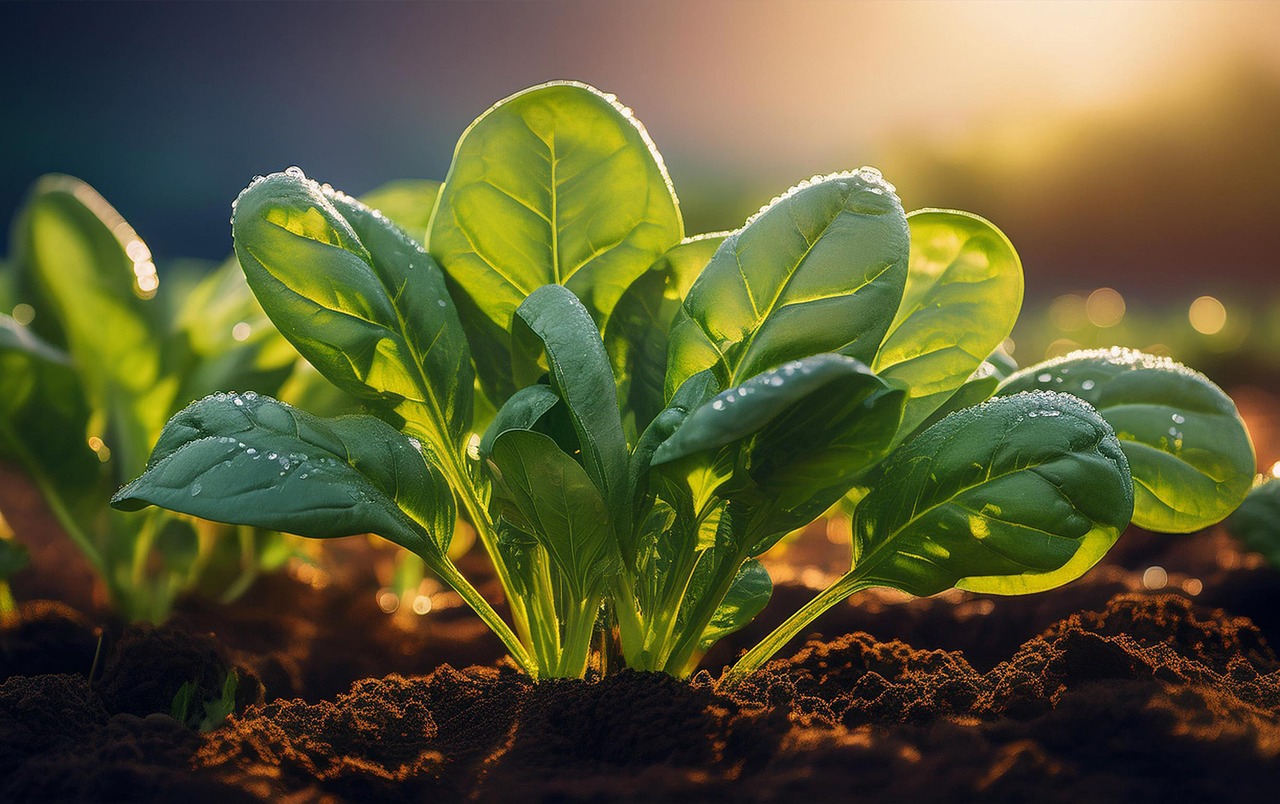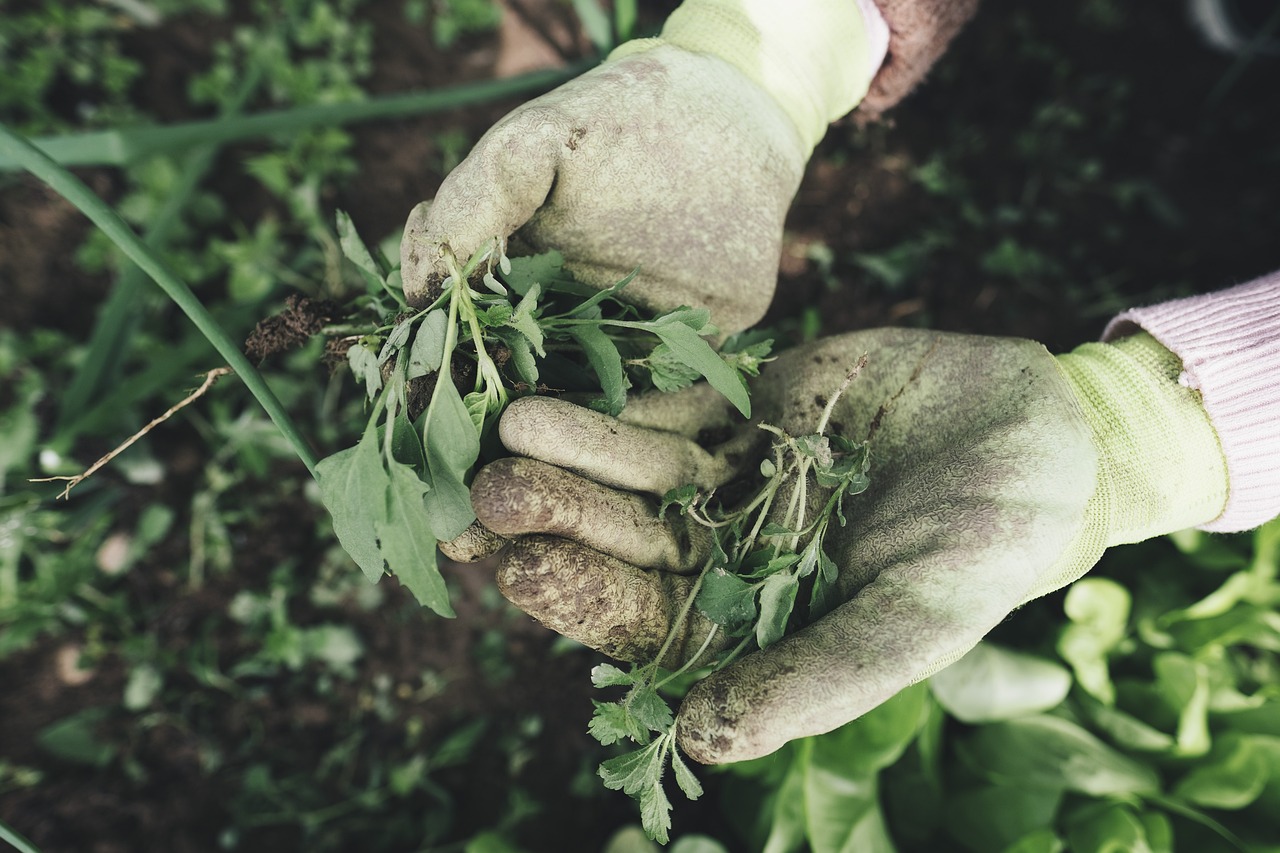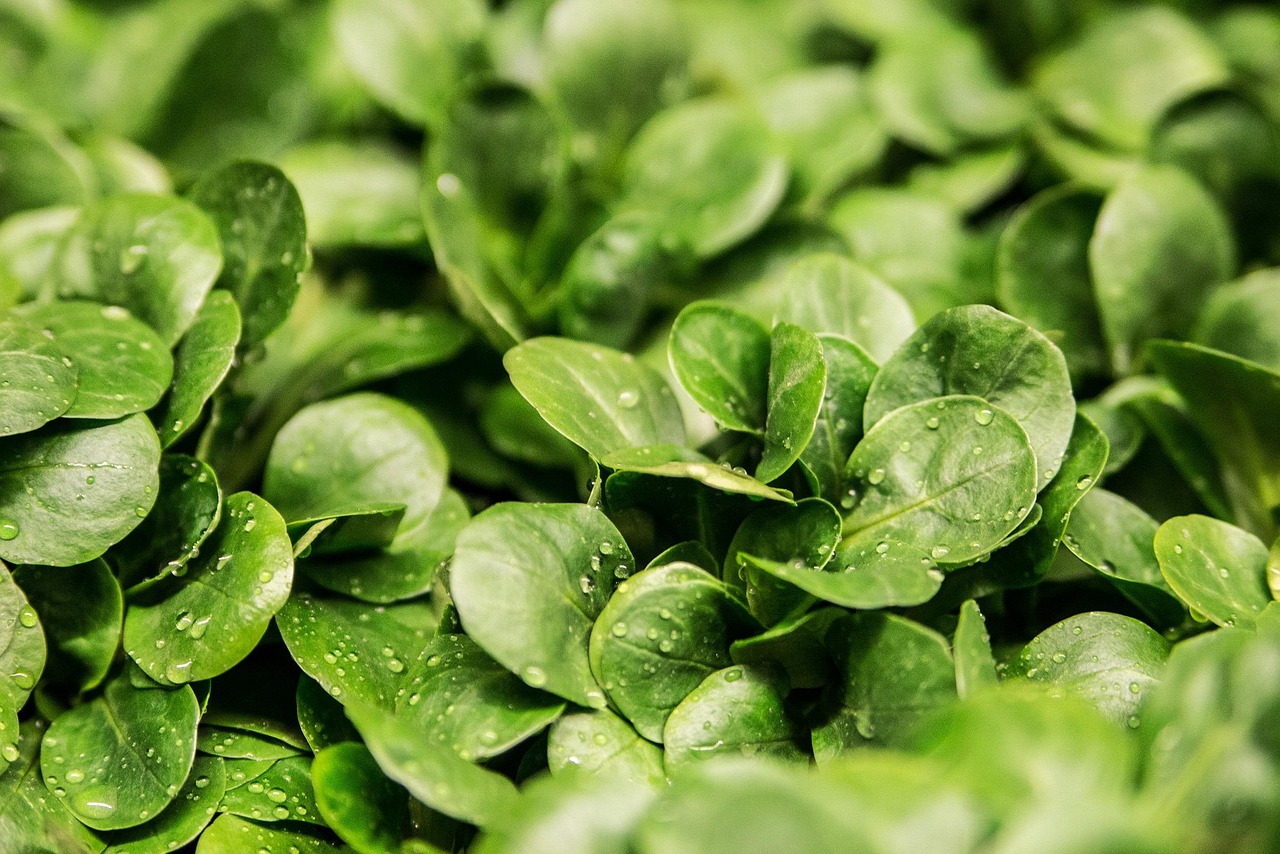Mulch Organic Gardening
Mulch Organic Gardening focuses on nurturing plants in harmony with nature, avoiding synthetic chemicals and promoting soil health. One essential practice that every organic gardener should embrace is mulching. Mulch acts as a protective cover on the soil surface, providing numerous benefits that help your garden flourish naturally.
In this comprehensive guide, we will explore everything you need to know about mulch organic gardening — from its benefits and types to application tips and common questions, all tailored for a USA-based audience interested in sustainable gardening.
What Is Mulch Organic Gardening?
Organic mulch is any biodegradable material derived from natural sources like plants or animal products that you spread over your garden soil. Unlike inorganic mulches such as plastic sheets or rubber chips, organic mulch decomposes over time, enriching your soil with organic matter.
Common types of organic mulch include:
- Wood chips and bark
- Straw and hay
- Leaves and leaf mold
- Grass clippings
- Compost
Each type has unique properties, and choosing the right one depends on your garden’s needs.

Why Use Mulch in Organic Gardening?
1. Improves Soil Health Naturally
Organic mulch slowly breaks down, adding nutrients and organic matter to the soil. This improves soil structure, promotes beneficial microbial activity, and enhances nutrient availability for plants.
2. Retains Moisture and Conserves Water
Mulch creates a barrier that reduces evaporation from the soil surface. This moisture retention helps maintain consistent soil hydration, reducing the need for frequent watering—especially important in drought-prone areas of the USA.
3.Mulch Organic Gardening Controls Weeds Without Chemicals
By covering the soil, mulch blocks sunlight from reaching weed seeds, reducing their ability to germinate and grow. This natural weed control decreases reliance on herbicides, aligning with organic gardening principles.
4. Regulates Soil Temperature
Mulch insulates the soil, keeping it cooler in the summer and warmer in the winter. This temperature regulation protects plant roots from extreme weather fluctuations.
5. Aids Pest and Disease Management
Certain organic mulches can deter pests or provide habitat for beneficial insects that prey on harmful garden pests. Mulch also reduces soil splash that can spread diseases to plant leaves.
Types of Mulch Organic Gardening and Their Best Uses
Wood Chips and Bark Mulch
Wood-based mulch is one of the most popular options. It’s long-lasting, looks attractive, and slowly decomposes to improve soil organic matter. Ideal for flower beds, trees, and shrubs, wood chips can sometimes tie up nitrogen temporarily during decomposition, so it’s best combined with nitrogen-rich soil amendments.
Straw and Hay Mulch
Straw is a clean, lightweight mulch excellent for vegetable gardens. It suppresses weeds well and breaks down quickly, adding organic matter. Hay, however, often contains weed seeds, so gardeners prefer straw to avoid introducing unwanted plants.
Leaf and Leaf Mold Mulch
Using shredded leaves as mulch is a great way to recycle yard waste. Leaf mold, which is decomposed leaf matter, is highly beneficial for soil health and moisture retention. Leaf mulch works well around perennials and shrubs.
Mulch Organic Gardening Grass Clippings
Fresh grass clippings can be used as mulch but should be applied in thin layers to avoid matting and odors. They add nitrogen and break down fast, enriching soil quickly. It’s important to use pesticide-free clippings.
Compost as Mulch
Finished compost makes an excellent mulch that feeds soil microbes and plants directly. It can be applied in vegetable gardens or around flowers. Compost mulch is especially good for improving poor or depleted soils.
Other Natural Mulches
- Pine needles: Acidic mulch suitable for acid-loving plants like blueberries.
- Cocoa hulls: Attractive mulch with a pleasant smell but can be toxic to pets.
- Newspaper and cardboard: Used as sheet mulch under organic matter for weed control and moisture retention.
How to Apply Mulch Organic Gardening Correctly
Preparing Your Garden Bed
Before mulching, clear the area of weeds and debris to prevent pests and diseases. Loosen the soil slightly to promote root growth and water infiltration.
Timing Your Mulch Organic Gardening
The best time to mulch is in spring after the soil has warmed, or in fall to protect roots from cold. Mulching newly planted seedlings should be done carefully to avoid smothering young plants.
How Thick Should Your Mulch Layer Be?
A general rule is to apply 2-4 inches of organic mulch. Too thin won’t suppress weeds effectively; too thick can prevent air and water movement. For wood chips, 3 inches is ideal, while straw can be a bit thicker.
Step-by-Step Mulching
- Prepare soil and clear weeds.
- Water the soil thoroughly.
- Spread mulch evenly around plants, keeping it a few inches away from stems and trunks to prevent rot.
- Replenish mulch annually as it decomposes.

Mulch Organic Gardening for Specific Garden Types
Vegetable Gardens
Straw, shredded leaves, and compost mulch work well here. They help maintain soil moisture, suppress weeds, and keep soil temperatures stable, resulting in healthier crops and better yields.
Flower Beds and Ornamental Gardens
Wood chips and bark mulch are attractive choices that also improve soil health and moisture retention. Leaf mold and compost can be added for extra nutrients.
Fruit Trees and Berry Bushes
Mulch around fruit trees and bushes protects roots from temperature extremes and conserves moisture, which can increase fruit production. Wood chips, straw, or compost work best.
Raised Beds and Containers
Mulching in raised beds reduces watering needs and improves soil life. Use lightweight mulches like shredded leaves or straw to avoid compacting the soil in containers.
Mulch Organic Gardening vs Synthetic Mulch: Which Is Better?
Environmental Impact
Organic mulch breaks down and enriches soil, supporting a healthy ecosystem. Synthetic mulches like plastic sheets don’t decompose and can contribute to pollution.
Cost and Convenience
Synthetic mulches may last longer but require disposal and don’t improve soil fertility. Organic mulch is often cheaper, especially if you make your own, and has long-term soil benefits.
Aesthetic Appeal
Organic mulch provides a natural look that blends well with plants, while synthetic mulch can sometimes look artificial.
Homemade Mulch Organic Gardening: DIY Ideas
Collecting Yard and Kitchen Waste
Leaves, grass clippings, vegetable scraps, and small branches can be composted or shredded for mulch.
Simple Mulch Recipes
- Mix shredded leaves with grass clippings and small wood chips.
- Compost kitchen scraps into rich, dark mulch.
- Layer newspaper under a pile of organic materials for sheet mulching.
Storage and Usage Tips
Store mulch in a dry, shaded area to prevent mold. Use fresh mulch promptly for best results.

Maintaining Your Mulch Layer
Refreshing Mulch Annually
Since organic mulch decomposes, replenish the layer every spring or fall. Check mulch depth and add more if it’s less than 2 inches.
Common Mulching Mistakes
- Mulching too close to plant stems, which can cause rot.
- Over-mulching leading to poor air and water flow.
- Using contaminated grass clippings or hay with weed seeds.
Troubleshooting Pests and Mold
If mold appears, turn the mulch to aerate it. Monitor for pests attracted to mulch and manage them with organic controls.
Frequently Asked Questions About Mulch Organic Gardening
Q: How long does organic mulch last?
A: Typically 6 months to 2 years depending on the material and environmental conditions.
Q: Can mulch attract pests?
A: Mulch can provide habitat for some pests, but with proper care, it supports beneficial insects and reduces harmful pest populations.
Q: Is it safe to mulch around tree trunks?
A: Keep mulch 2-3 inches away from trunks to prevent moisture buildup and rot.
Q: Does mulch affect soil pH?
A: Some mulches like pine needles can acidify soil slightly, which may benefit acid-loving plants.
Conclusion: Embrace Mulching for a Thriving Mulch Organic Gardening
Mulching is a simple yet powerful practice in organic gardening. By choosing the right organic mulch and applying it properly, you improve soil health, conserve water, suppress weeds, and protect your plants naturally. Whether you’re growing vegetables, flowers, or fruit trees, mulch is an invaluable tool for sustainable, eco-friendly gardening.
Start mulching today and watch your organic garden thrive with the nourishing benefits of nature’s own soil cover!
